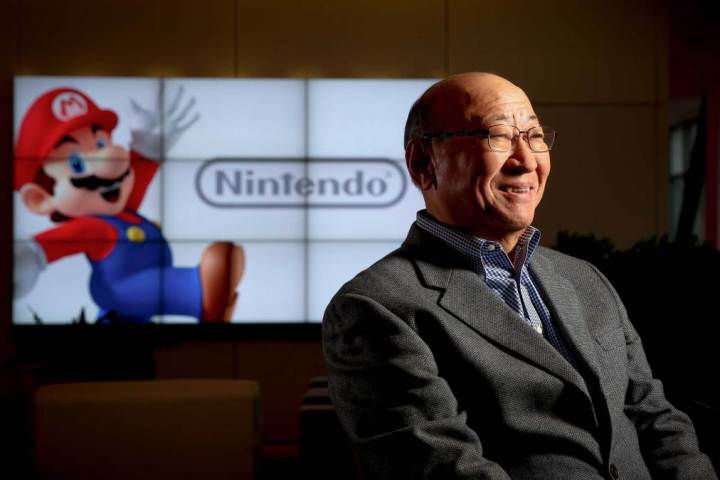
First and foremost, Nintendo’s first foray into mobile software development, the Miiverse-style networking app Miitomo, will launch in March. The launch will come come a year after Nintendo revealed its plan to develop apps for mobile platforms, promising to release release five apps by March, 2017. President Tatsumi Kimishima said Tuesday Nintendo is already looking past Miitomo to its second app, which will “not be a communications device” and will feature “some intellectual property that is very well known to everyone,” according to Bloomberg.
Kimishima also hoped to reassure investors with a brief reminder that development on the Nintendo NX remains “on schedule.” Reports last fall suggested Nintendo aims to launch its new console by the end of 2016. The company said it plans to deliver more concrete information later this year.
Finally, in the context of discussing new hardware, Kimishima mentioned that Nintendo has been “exploring possibilities” in joining the coming virtual reality race. Just the suggestion that Nintendo would consider developing virtual reality games marks a dramatic philosophical shift. At E3 2015, Nintendo of America President Reggie Fils-Aime told Polygon he wasn’t interested in the upcoming crop of virtual reality devices.
“I haven’t walked the floor, so I can’t say in terms of what’s on the floor today,” Fils-Aime said, “but at least based on what I’ve seen to date, it’s not fun, and it’s not social. It’s just tech.”
If Nintendo seems more cautious than other companies investing in VR, it’s because the company has been burned before: The Virtual Boy, one of the first consumers grade virtual reality products released back in 1995, was a decisive failure. (It also really hurt your eyes after a while.) Similarly, while the 3DS did find an audience, the augmented reality games Nintendo showed off at launch did not resonate with players or developers.
Since Fils-Aime’s comment, headset-makers Oculus and HTC have realized more information about upcoming hardware and software, including games such as The Climb and Rock Band VR, which could helped change Nintendo’s stance.


